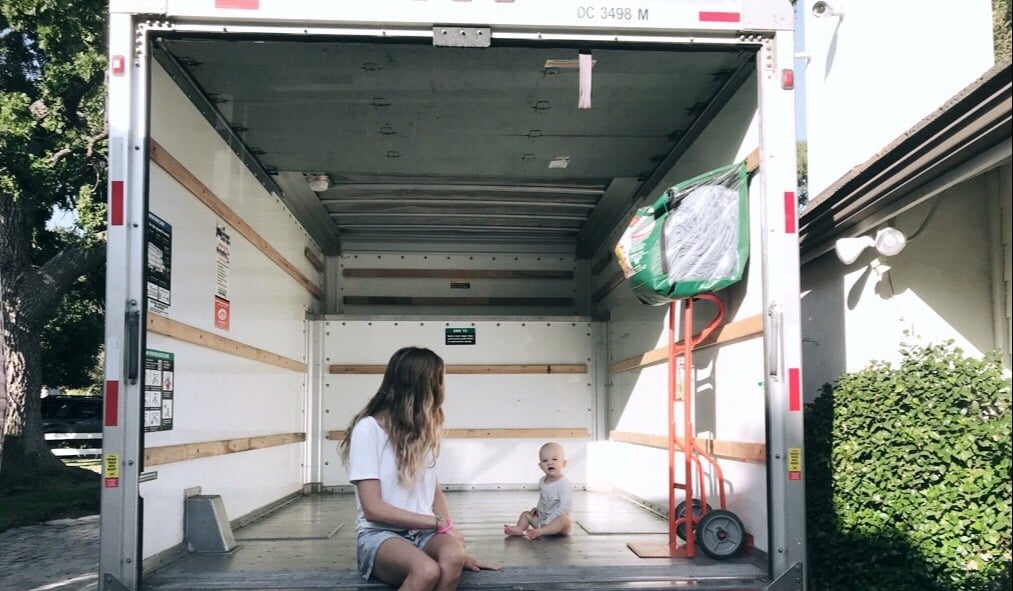Ask a Lawyer: How Far Can a Parent Move with Joint Custody?

Table of Contents
The right legal support can change everything. Take the first step today and connect with an attorney who understands your needs.
If you share a child or children with a former spouse or have current custody orders, moving is not as easy as putting in notice to your employer and packing up. In California, if you wish to move with your minor children—whether to a new county, state, or country—you will generally be required to file a ‘move-away’ request expressly asking that the court grant you permission to take your child(ren) with you when you move. The word “generally” is used because you do not have to seek the Court’s permission if the child’s other parent agrees in writing that you may take the child with you.
Custody
There are two types of custody: legal and physical. The type of custody you share with the other parent affects whether the relocating parent has the presumptive right to relocate, thereby shifting the burden to the non-relocating parent to prove the move would be detrimental to the child. In other cases, the moving parent has the burden to show it is in the child’s best interests to relocate with them as opposed to staying with the non-relocating parent. Therefore, it is important to understand the general definitions of sole and shared legal custody and sole and shared physical custody.
Legal Custody
Legal custody refers to the decision-making authority as to the child’s health, education, and welfare. A parent can have “sole” or “joint” legal custody of a child. Sole legal custody is when one parent has these decision-making authorities and does not have to seek the other parent’s input when making decisions concerning the child. Joint legal custody is when the parents have joint decision-making authority regarding the child’s health, education, and welfare.
Physical Custody
Like legal custody, physical custody can be “sole” or “joint.” Joint physical custody is where a child spends significant amounts of time with both parents. In the alternative, sole physical custody is when a child spends most of the time with one parent, subject to visitation with the other parent.

Why Joint Custody Can Complicate Relocation
The family court cannot tell YOU that YOU are not allowed to move. However, it will decide whether you can take your child with you, a determination that largely factors in the type of legal and physical custody orders in place.
If you are a parent with a permanent order for sole physical custody, there is a presumption that you are entitled to move with the child. A Court granted you sole physical custody because it determined it was in your child’s best interests, so it would also be in their best interests to move with you. However, this presumption can be overturned if the non-relocating parent can show the move would be detrimental to the child.
If you have a permanent or temporary order for shared physical custody, you have the burden of showing the Court that it is in your child’s best interests to relocate with you. This is because a Court has already decided that it is in the child’s best interests for the parents to share legal and/or physical custody. Therefore, unlike the parent with a permanent order for sole physical custody, the parent who has shared physical custody, regardless of the custody order being permanent or temporary, has no presumptive right to relocate with the child and has the burden of proving why the Court should allow the child to move with him or her.

How Move-Away Situations Work
Absent the other parent’s consent, a parent must seek the Court’s permission to move to another county, state, or country with their child. The type of custody orders in place have significant bearing on whether the moving parent must prove that it's in the child’s best interests to relocate with them, or the non-relocating parent must prove that the relocation would be detrimental to the child.
Where the moving parent shares physical custody with the non-relocating parent, the Court looks at several factors when determining whether it is in the child’s best interests to relocate with the moving parent. Referred to as the LaMusga factors, the Court considers:
- Reasons for the proposed move
- Children’s interest in stability and continuity of care
- Distance of the move from the other parent
- Ages of the children
- Wishes of the children if old enough to express a preference
- Children’s relationship with both parents
- Children’s ties to their current community
- Children’s health and educational needs
- Children’s existing time with each parent
- Relationship between the parents
- Other relevant factors
The Court weighs all these factors together in determining whether the move is in the child’s best interests. There is no one factor that outweighs the others, but it is within the Court’s discretion to make the final decision, based on those factors, whether it is in the child’s best interests to move with the relocating parent. For example, if the Court finds that the reason a parent is moving is to thwart the relationship between the child and other parent, it will likely put more weight on that factor than the fact that the parent is relocating to a place where she or he has significant familial support.

Let the Experts Help You with Your Custody & Relocation Questions
Move-away requests can be a lengthy and difficult process. It requires you understand what type of custody you have with your child’s other parent, whether the order is permanent or temporary, and what type of evidence you want to show the Court to support your position that it is in the child’s best interests to move with you, or detrimental to them to move with the relocating parent. For these reasons, it is important to have an attorney who understands these intricacies and can advocate on your behalf. In addition, move away actions can take months or even years to finalize, so it is best to consult with an attorney as soon as you are considering a move.
Get help with all of your custody questions; contact Cage & Miles today.
Get matched with the right attorney for your case
Schedule a confidential, no-obligation conversation with our team. We’ll discuss your unique situation and match you with the attorney best suited to help you move forward.





